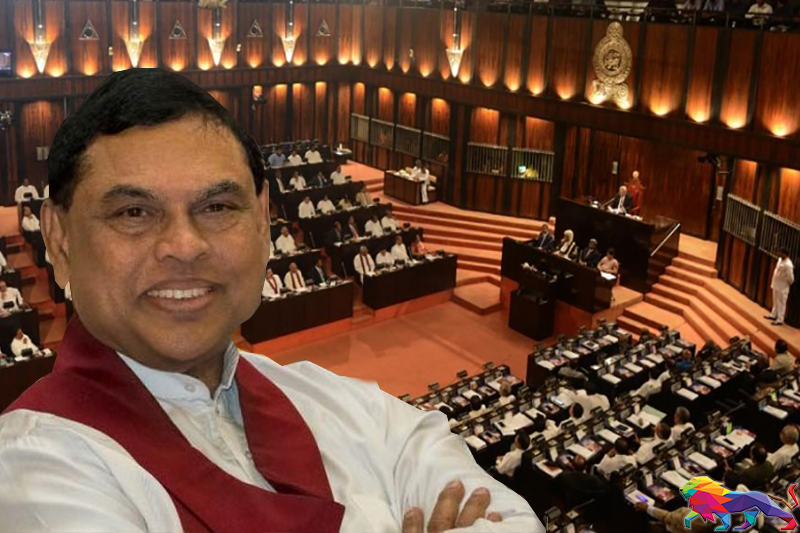Sri Lanka is facing a severe foreign exchange crisis after the pandemic hit the island nation’s earnings from tourism and remittances, Finance Minister Basil Rajapaksa said.
The government’s revenues were also far short of target as pandemic curbs hurt economic activity, Rajapaksa said during a debate in parliament Tuesday. The country is under an extended lockdown amid a record rise in Covid-19 deaths and hospitalizations caused by the delta variant.
The deteriorating reserves position prompted S&P Global Ratings to last month cut Sri Lanka’s rating outlook to negative. That helped stoke concerns the nation won’t be able to service $1.5 billion of debt due next year, as well speculation Colombo may turn to the International Monetary Fund for support.
Revenue from tourism has fallen to about $2 million a month this year, from more than $450 million two years ago, according to data from Trading Economics. Until recently, travel and tourism accounted for 5% of the $81 billion economy, whose foreign exchange reserves have now depleted to the lowest level since 2009 after repayment of $1 billion of debt in July.
Rajapaksa said Sri Lanka was receiving concessionary funds from the World Bank and Asian Development Bank to help face the pandemic.
“Our policy is to borrow loans with simple and concessionary terms without any conditions that will harm the country’s independence and sovereignty,” he said, without elaborating.
The government earlier this year imposed capital controls as it sought to use its own resources to meet external payment obligations instead of turning to the IMF, whose aid comes with strict conditions.


